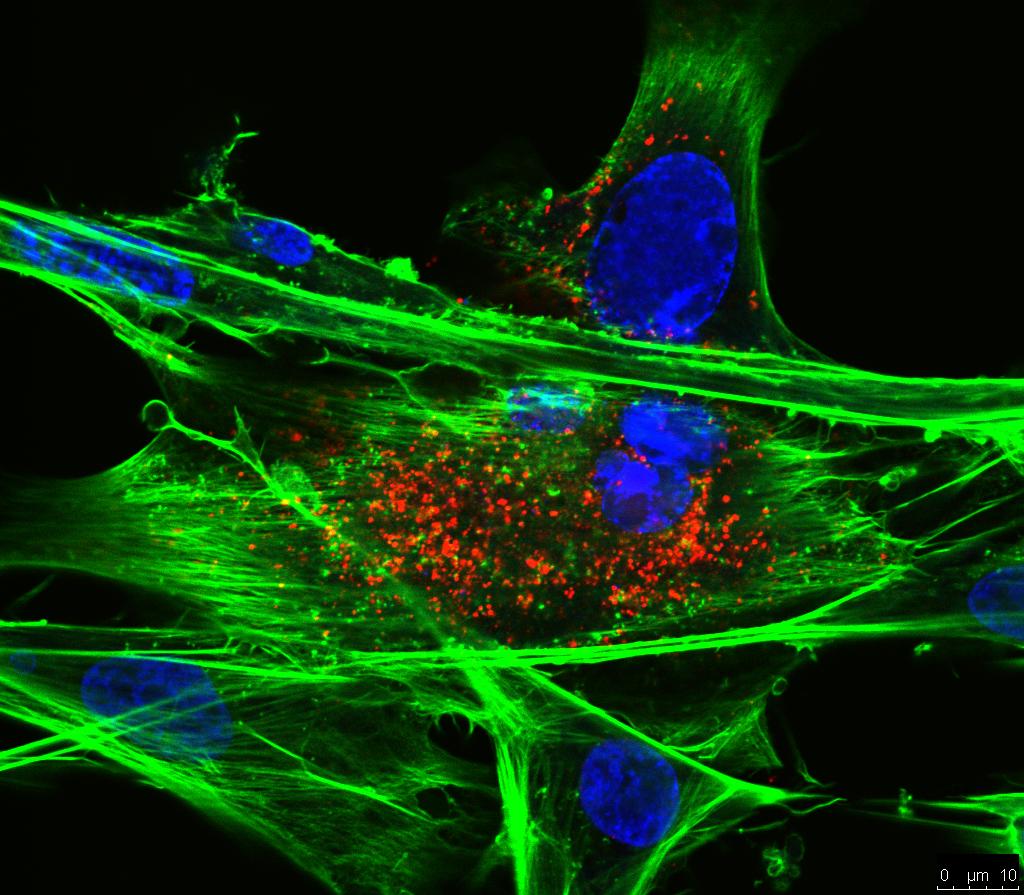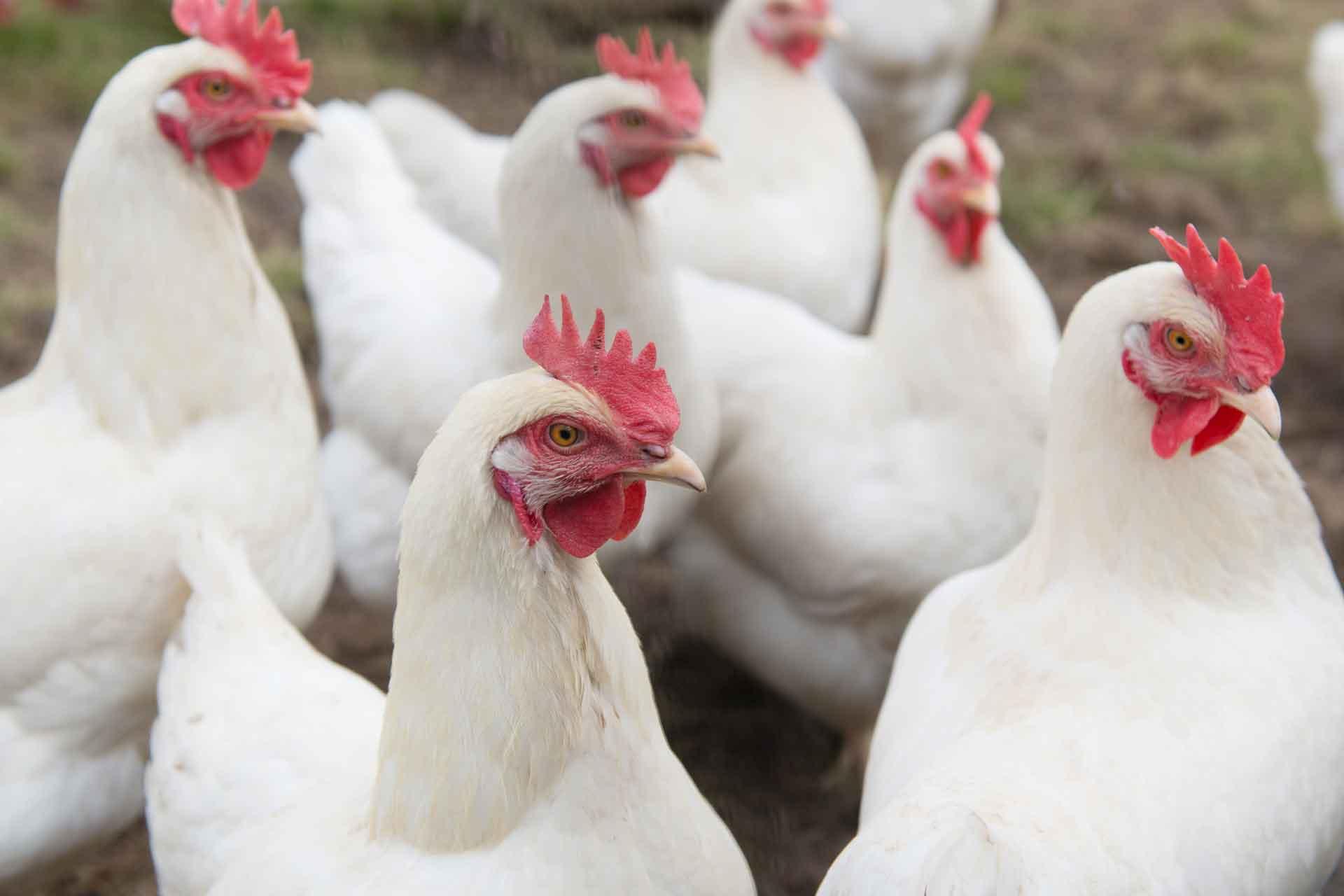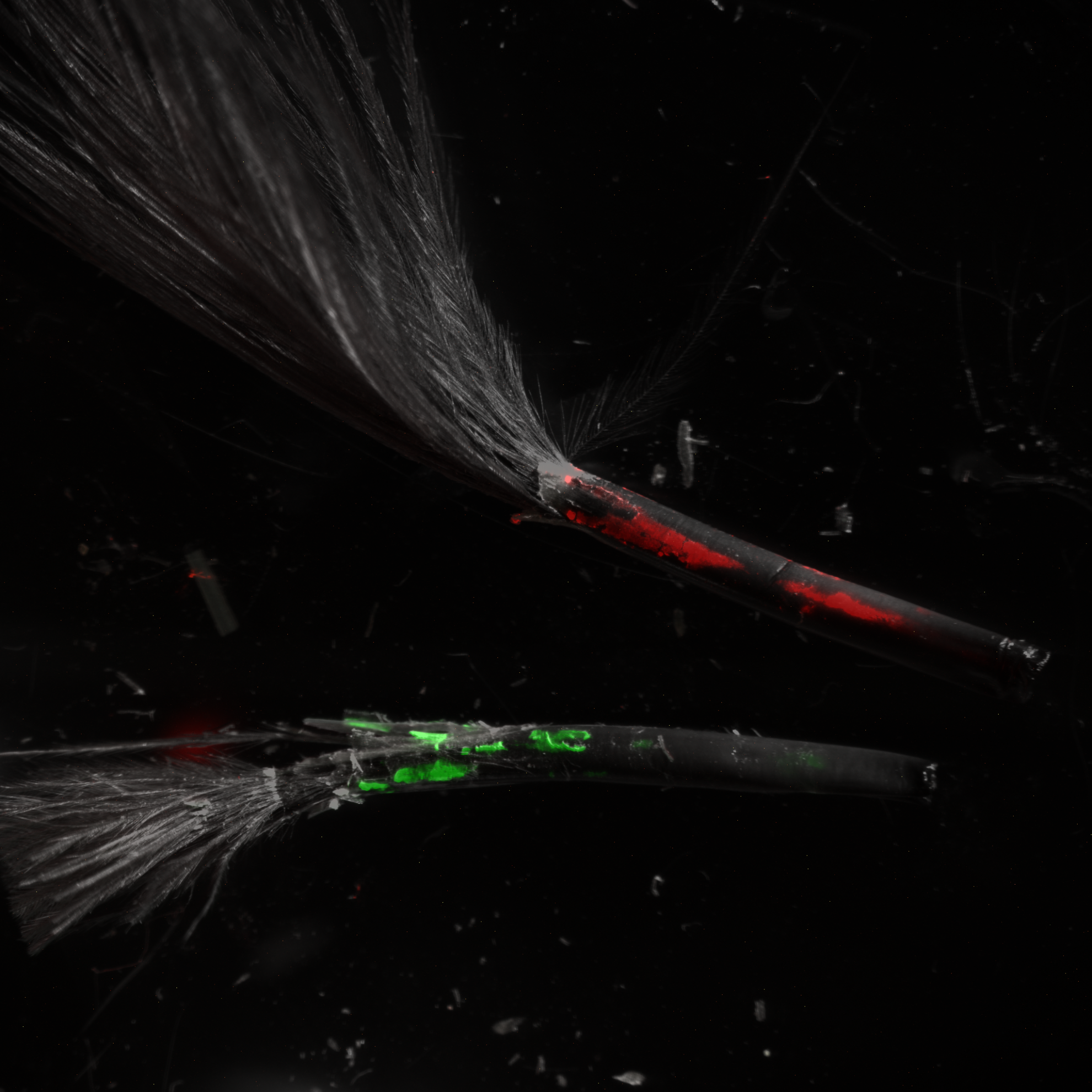MicroRNA-26a-mediated regulation of interleukin-2 expression in transformed avian lymphocyte lines
Micro(mi)RNAs are a class of small non-coding RNAs that play critical roles in the induction of various cancers, including lymphomas induced by oncogenic viruses. While some of the miRNAs are oncogenic, miRNAs such as miR-26a are consistently downregulated in a number of cancers, demonstrating their potential tumor suppressor functions. Global miRNA expression profiles of a number of virus-transformed avian lymphoma cell lines have shown downregulation of gga-miR-26a expression, irrespective of molecular mechanisms of transformation or the viral aetiology. The neoplastic transformation of lymphocytes by many viruses accompanies high levels of proliferative responses, mostly mediated through cytokines such as IL-2. Chicken IL-2 can modulate T-cell proliferation and cytotoxicity in vitro and in vivo and dysregulation of IL-2 expression is observed in diseases such as leukaemia. The expression levels of gga-miR-26a in chicken lymphoma cells transformed by 3 distinct avian oncogenic viruses, viz Marek's disease virus (MDV), avian leukosis virus (ALV) and Reticuloendotheliosis virus (REV) were consistently downregulated compared to the levels in the normal lymphocytes. This downregulation of miR-26a regardless of the viral etiology and molecular mechanisms of transformation was consistent with the tumor suppressor role of this miRNA. Notwithstanding this well-established role in cancer, we demonstrate the additional role of this miRNA in directly targeting chicken IL-2 through reporter and biochemical assays. The downregulation of miR-26a can relieve the suppressive effect of this miRNA on IL-2 expression. We show that miR-26a is globally downregulated in a number of avian lymphoma cells irrespective of the mechanisms of transformation, reiterating the highly conserved tumor suppressor function of this miRNA. However, with the potential for directly targeting chicken IL-2, the downregulation of miR-26a in these tumor cells could relieve the inhibitory effect on IL-2 expression assisting in the proliferative features of the transformed lymphocyte lines.
Back to publications


